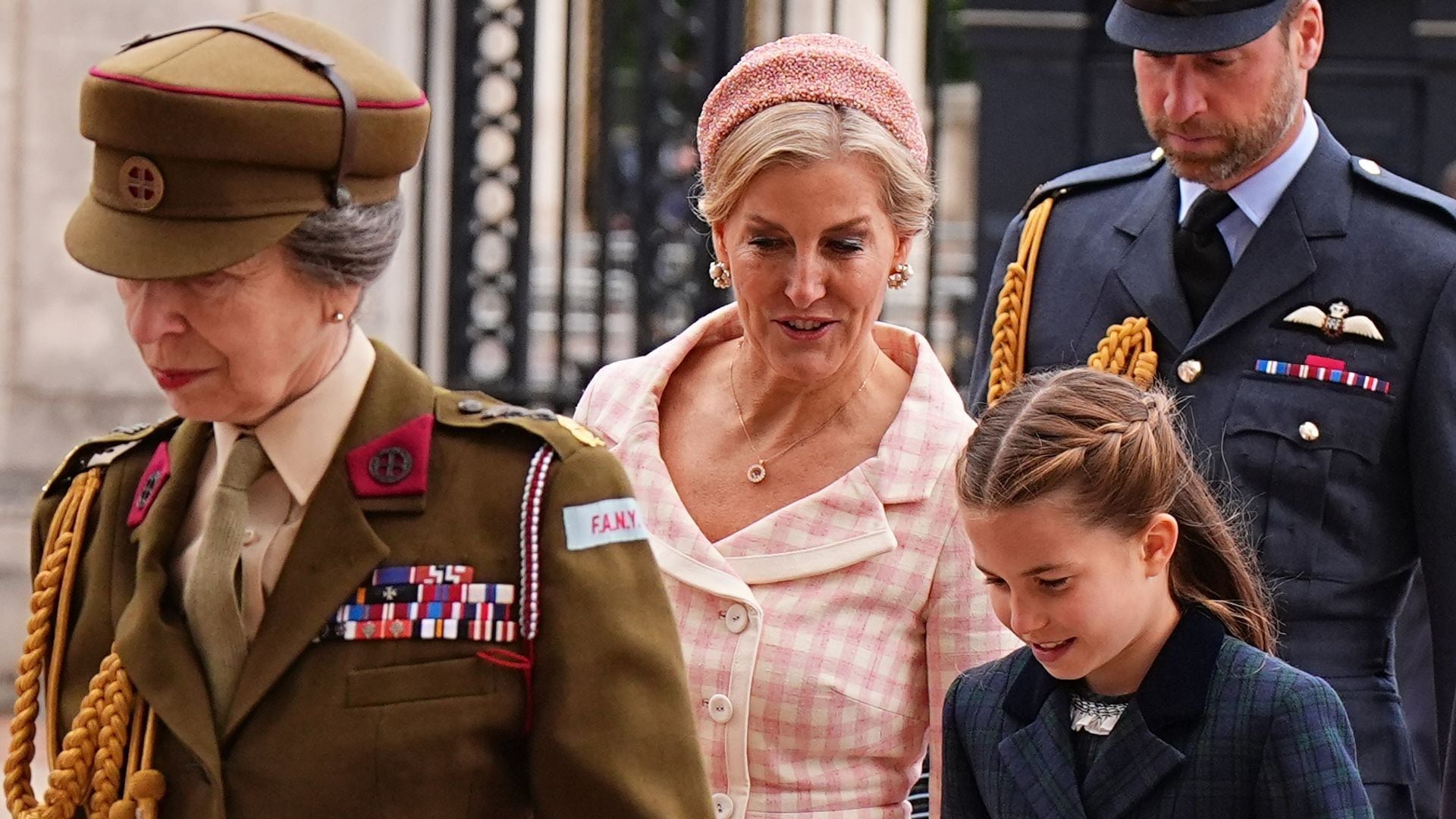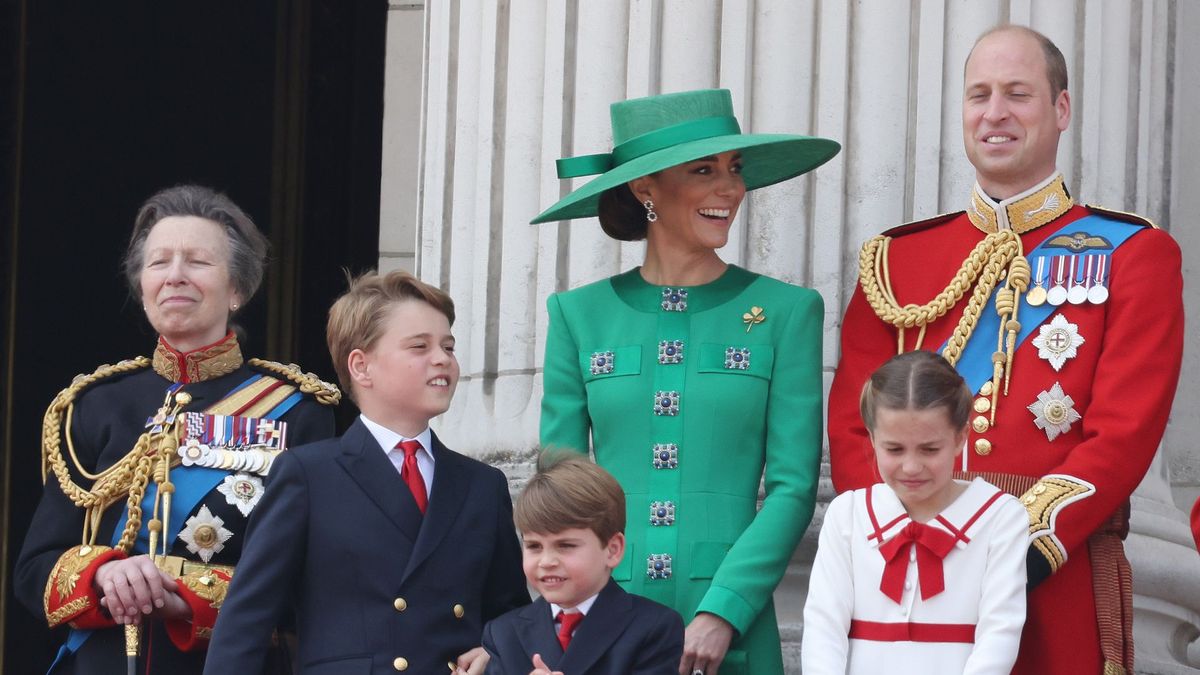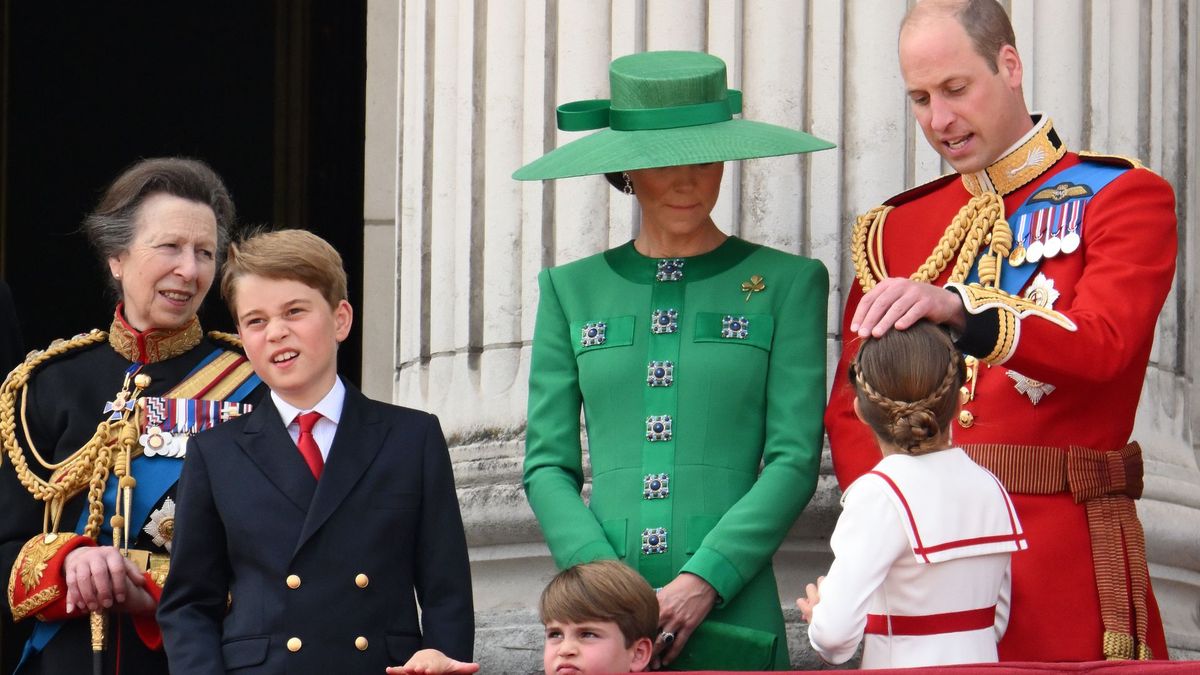Princess Anne, or Anne of the United Kingdom, turns 75, marking three-quarters of a century under constant media attention as a representative of the British royal family. She was born in 1950, when her grandfather George VI was still on the throne, and her mother, Queen Elizabeth II, ascended before Anne turned three. Over the years, she has lived through defining moments: at 24 she survived a kidnapping attempt, and at 37 she was given the title of Princess Royal, reserved for the monarch’s eldest daughter. At 42 she divorced and remarried, but it was not until she was 65 that Elizabeth II carried out a reform that did not change Anne’s own life but did affect future princesses born into the royal family, especially those destined, like Anne, to be sisters of a king. Today, that is Princess Charlotte, who has inherited something her great aunt never had: a birthright position.
It was in 2015 that Queen Elizabeth II made a change so that the daughter of William and Kate would not be pushed down the line of succession by the birth of Prince Louis, as happened to Anne after the births of Andrew and Edward, two figures who, incidentally, have never had the workload, recognition, or authority that Princess Anne has had, yet whose own children have also pushed her further down the line.
Under the current law, Princess Charlotte, who at ten years old is third in line to the throne, has not been displaced by her brother, Prince Louis, and will not be in the future by any children or grandchildren he may have.
In a way, within the royal hierarchy, Anne and Charlotte share a similar position: both are the second-born in their household and destined to be the granddaughter, daughter, and sister of a king. That's why people have speculated for a while that Princess Charlotte might be the next Princess Royal, a title held for life by one person at a time. She meets all the initial requirements to hold one of the most unique and exclusive titles in the British monarchy, one that has only been granted seven times in history and can only be held by the eldest daughter of a king.










